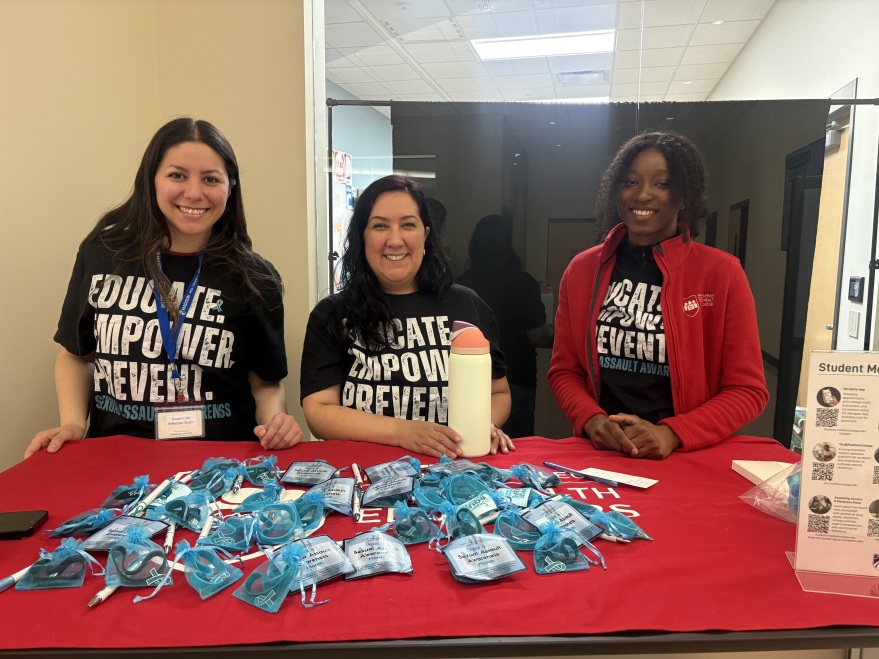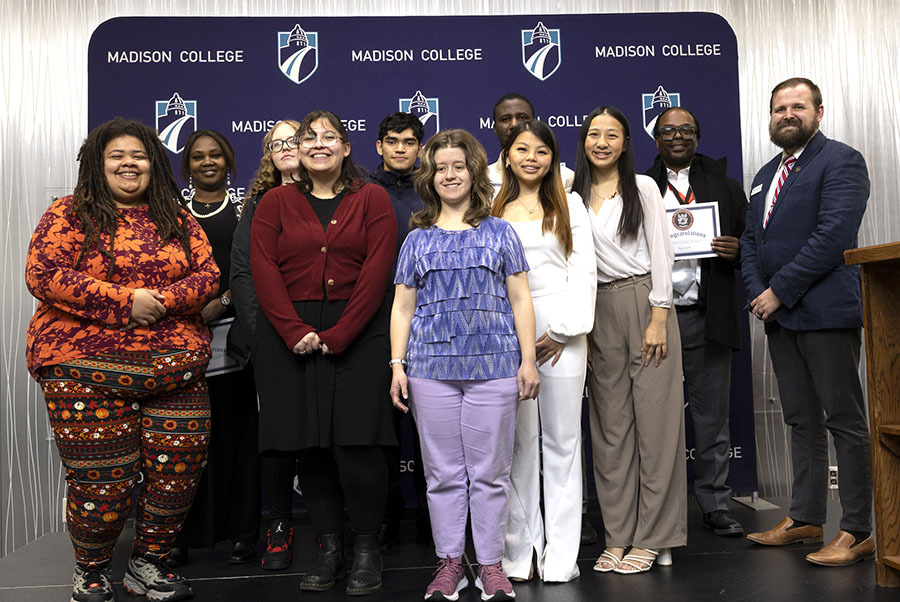#METOO has a ways to go before reaching equality
January 30, 2018
In 2006, activist Tarana Burke created a MySpace page titled “Me Too”. It was a space designed to support women (especially women of color) who had experienced sexual harassment and assault. Survivors flocked to the site, but the movement received negligible attention from mainstream media. In 2017, several high-profile, predominantly white actresses picked up the phrase and the world began to pay attention. The trend has since snowballed, and the #TIMESUP initiative arose from its impetus.
As a woman who participated unreservedly in the initial phases of #METOO, these movements have had a cathartic effect, and are historic in the changes they’ve catalyzed in society. Yet the fact remains that this wave of justice, for all its necessity, still has a distance to go before it addresses many of the most pressing issues at hand.
Of course it does. This movement is the culmination of generations of violence, persecution, belittlement, and subjugation; it is righteous anger that has built to a thunderhead and now moves to upend a patriarchal culture at its core. An eruption of emotion this genuine cannot be expected to move neatly down a checklist, accomplishing all the necessary tasks—not at first. The initial wave of the #METOO movement was exactly what our culture needed in that moment: a mass exodus from the shadows to the sun by thousands of survivors, and evidence in the eyes of the unaware that assault and harassment are systemically ingrained, highly prevalent issues.
Yet the fact remains that this movement is still predominantly one of privilege and reactivity. As illustrated by the comparative experiences of Tarana Burke and Alyssa Milano, the women who have benefitted most from this already undeniably wield a measure of social power, through fame, wealth, or whiteness. As the November 2017 letter from the Alienza Nacional de Campesinas highlights, there are still hundreds of thousands of women who cannot participate directly in these movements, for fear of catastrophic retribution. Without economic and social cushions to fall back on, these women also lack the social capital to attract the level of media attention that might help insulate them against backlash. The creation of initiatives such as the #TIMESUP legal fund are noteworthy first steps toward inclusivity, but will require conscious expansion and adaptation to become truly intersectional.
Additionally, the movements have so far failed to address the most critically vulnerable elements in the equation: the children and young people in society whose views on gender equality and interpersonal respect are still in formation.
In order to implement a lasting change in the way our society treats women, we have to set the groundwork for a respectful, communication and consent-based mindset from day one. This can be accomplished through educational reforms using a multifaceted approach: teaching universal respect, while simultaneously educating children on how to firmly and clearly establish personal boundaries if and when they find themselves in uncomfortable situations.
While this obviously won’t entirely eradicate the issue in later generations (a large number of harassment and assault cases are not the product of misunderstandings or miscommunication), it will be a large first step toward building a culture of open communication and zero-tolerance for harmful behavior.































